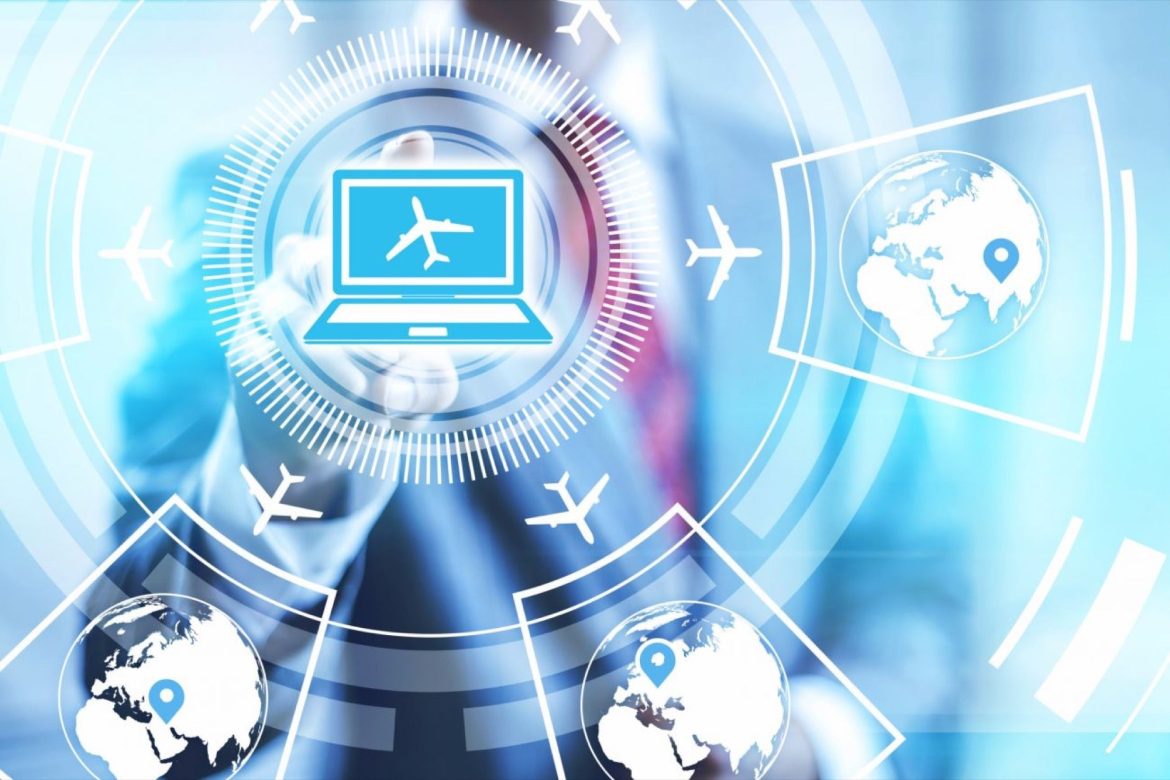Most of our fears about future technology stem from the unknown. While we’ve seen plenty of robocars and other self-driving cars on the road, it’s also possible that someone might hack them to access personal information. Many of us are scared that new technologies will disrupt our personal lives, but they actually won’t. In fact, many of these new technologies have been developed for the betterment of society and humanity.
One recent study found that people in Southeast Asia are the least worried about self-driving cars. This is a curious finding, as some cars already have driver-assist or autopilot modes. But even those vehicles aren’t entirely self-driving. While we’re not yet ready for the possibility of self-driving cars, the concept is frightening enough. And the results are largely unrelated.
Some of the most common fears about future technology revolve around biotechnology, which involves genetically altering living organisms. While this technology is used to cure a growing number of diseases, many people are still afraid that it will one day be used by terrorist groups or even as a weapon. Other fears relate to nuclear materials and contaminated water reservoirs in big cities. In addition to biotechnology, other concerns about the future include the possibility that humankind will become obsessed with artificial intelligence.
While there are legitimate concerns about the risks of advancing technology, the industry is already working hard to mitigate them. It is a positive sign that the next generation is less afraid of it than their parents and grandparents. In fact, they are more open to it than they were in the past. After all, technology is advancing at a rapid pace, and we must be able to adapt to these changes. If you’re a senior, the future of the technology industry can be a positive one.
The rise of AI is a huge concern. AI will likely become the most popular technology for a long time. However, these machines will need human oversight, and this may lead to problems in our democracy. We must also consider the implications of artificial intelligence on the economy. AI enthusiasts should also keep in mind that it’s possible for AI to create artificial intelligence that hurts us or others. As long as we recognize and understand the real costs of AI, the concerns about AI are not unreasonable.
People’s fear of new technologies is referred to as technophobia. This phobia is the intense dislike of complicated devices. It’s common among adults, seniors, and people with anxiety disorders. Many reports of technophobia date back to the Industrial Revolution. This article explores some of the issues associated with this phobia. So, what can we do to reduce our fears about new technology? Let’s start with some common misconceptions.
There’s more good news than bad. One of the most feared threats is climate change. It will affect many aspects of our lives and can lead to mass migration and the backlash against mixing of peoples. On the other hand, scientists and researchers are discovering that the effects of climate change will affect our daily lives. It’s no surprise that climate change is one of the most feared threats facing humanity. Despite this, however, it’s important to recognize that the effects of climate change are real and that we have the ability to address them.




